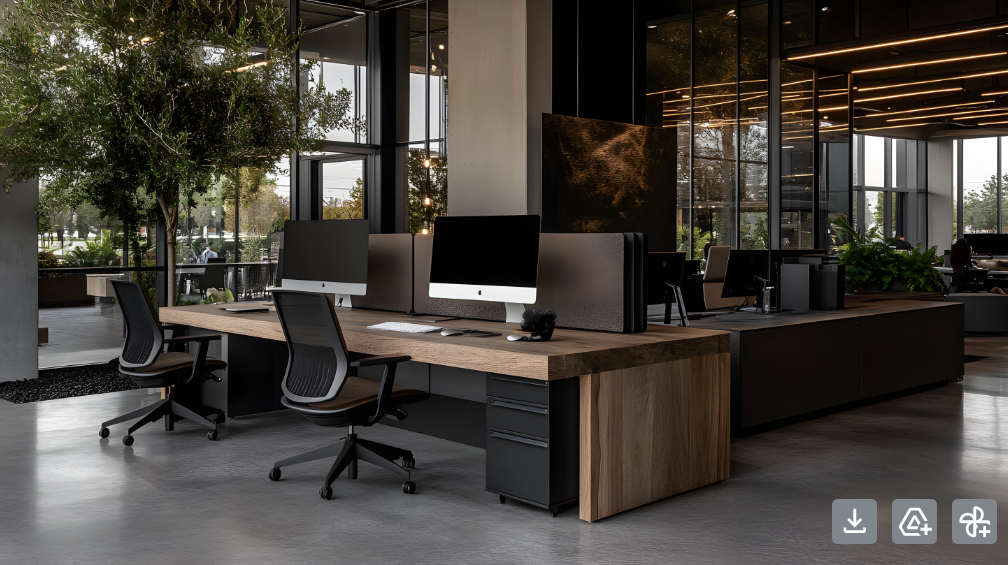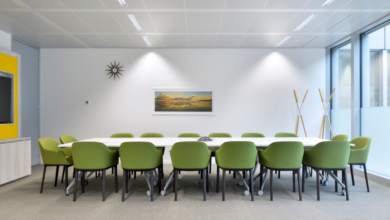
Workstation Desks: Essential Furniture for Today’s Workplaces
We must admit that the traditional office setup has evolved significantly over the past few years. One of the most critical components of this evolution is the modern workstation desk. Far from being just a piece of furniture, workstation desks are now central to not only productivity but also employee well-being. As businesses continue to adapt to hybrid work models, flexible office spaces, and a growing emphasis on ergonomics, the demand for efficient and functional workstation desks has never been higher.
Enhancing Productivity and Focus
A well-designed workstation desk creates a dedicated space for focused work, helping employees minimize distractions and stay organized. Unlike generic tables or makeshift setups, these furniture solutions are purpose-built to support daily tasks, including typing, managing paperwork, or working on multiple computers. Many designs now include built-in cable management, adjustable heights, and integrated storage solutions to help maintain a clutter-free environment. This functional design allows workers to keep essential tools within arm’s reach, streamlining workflows and reducing the time spent switching between tasks.
Supporting Ergonomic Health
Workstation desks are indispensable is their impact on physical health. Modern workstation desks often include adjustable features, such as sit-stand capabilities or ergonomic angles, allowing users to personalize their setup to suit their body and work habits. By promoting proper posture and movement throughout the day, these desks contribute to long-term health benefits and reduced absenteeism.
Adapting to Hybrid and Flexible Work Models
With more organizations embracing hybrid work models, the need for flexible and modular office furniture has grown. Workstation desks can be configured in various layouts to accommodate both individual tasks and collaborative projects. Modular desks, in particular, allow offices to reconfigure workspaces quickly based on team needs or evolving business priorities. Whether in a hot-desking environment or a dedicated office cubicle, workstation desks provide consistency and comfort that helps employees transition smoothly between remote and on-site work.
See also: Driving Smarter Business with Salesforce & Media Operations: How Brysa Makes a Difference
Sustainability and Long-Term Value
With today’s businesses going green, many modern workstation desks are manufactured with sustainable materials, designed for durability and minimal waste. Investing in quality furniture reduces the need for frequent replacements, which not only saves money but also lowers a company’s carbon footprint. In this way, the desks offer both immediate functionality and long-term value.
Encourage Collaboration and Communication
While workstation desks offer privacy and focus, many are also designed to foster collaboration. Open-plan layouts and benching systems allow for easy communication between colleagues, which is vital for creativity and team cohesion. Desks with low partitions or shared surfaces encourage informal interactions, enabling employees to brainstorm and solve problems together without leaving their work area. It is this balance between privacy and connectivity makes the desks a versatile solution for dynamic, modern workplaces.
Hence, as workplaces continue to evolve, the need for versatile, ergonomic, and aesthetically pleasing workstation desks becomes increasingly clear. They support productivity, encourage collaboration, promote health, and adapt to the changing nature of work. Yes, these desks are a great solution for companies looking to future-proof their office environments. They are also a strategic investment in employee performance and organizational success.



